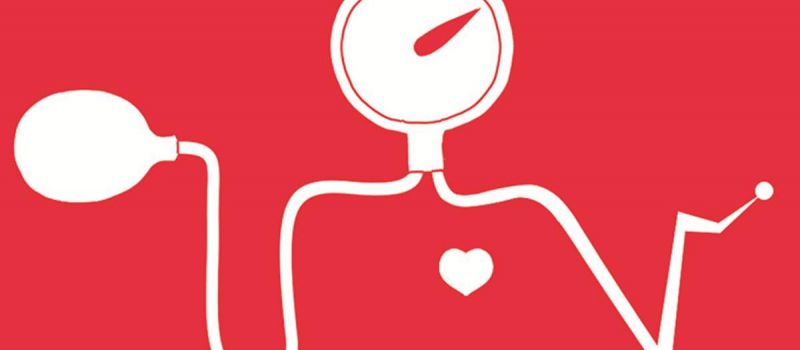Resistant hypertension
By Canada Cloud Pharmacy | Published Thursday 03 December 2020

Resistant hypertension is the stubborn high blood pressure that is difficult to control. People with resistant hypertension often require a combination of different medicines to keep blood pressure under control. African Americans and people who are overweight or have diabetes are at a higher risk of resistant hypertension. Women also fall in the high-risk group. Resistant hypertension increases the risk of kidney disease, stroke, and heart problems.
Doctors will refer to high blood pressure as resistant hypertension when all the following applies:
• Administration of three antihypertensive medicines at maximally tolerated doses
• One of the medications is a diuretic (increases urine production)
• Blood pressure remains higher than the normal value of 130/80 mm of Hg
• To control high blood pressure, you may need four or more antihypertensives
How prevalent is resistant hypertension?
National Health and Nutrition Examination Survey (NHANES), only 53% of hypertensive patients were controlled to less than 140/90. The remaining 47% of these patients probably have resistant hypertension. The exact prevalence of resistant hypertension is still unknown. The factors recognized responsible for resistant hypertension are older age, high baseline blood pressure, obesity, excessive salt consumption, chronic kidney disease, diabetes mellitus, and American race, female gender.
What causes resistant hypertension?
One or more medical conditions may be responsible for resistant hypertension. The following are some of the causes of resistant hypertension:
• Excess hormones that control blood pressure
• A tumor on the adrenal glands
• Narrowing of arteries in the kidney
• Sleep apnea (paused breathing during sleep)
• Some medicines such as nonsteroidal anti-inflammatory drugs (NSAIDs), nasal decongestants, oral contraceptives
• Herbal products such as ginger and licorice
• Excess alcohol
• Excess salt in the diet
How is resistant hypertension managed?
The doctors need to study and understand your blood pressure patterns. To study the pattern, the doctor will monitor your blood pressure by checking it at regular time intervals over 24 hours. Doctors may do this by putting an automatic blood pressure recorder on your arm. Resistant hypertension is stubborn and reining it to control requires several approaches both pharmacological and non-pharmacological.
Pharmacological treatment:
Resistant hypertension is often a result of some other medical condition. Identifying the primary health problem and treating it along with the increased blood pressure is very important. Doctors often prescribe a combination of antihypertensive medicines that are based on different physiological actions. Doctors commonly prescribe alpha-blockers such as prazosin, centrally acting sympatholytic such as methyldopa and clonidine, and direct vasodilators such as minoxidil and hydralazine. It is also necessary to consider medicines that may induce resistant hypertension control.
Non-pharmacological treatment:
• Lifestyle modifications such as regular physical activity, weight management, and stress management
• A well-balanced and low-salt diet
• Restricted intake of alcohol
• Quitting the smoking habit
Regular medication, monitoring of blood pressure, and maintaining a healthy lifestyle can help you avoid the complications of resistant hypertension such as heart attack and stroke. Doctors may advise interventional treatment in some cases if medicines are not able to achieve control.



 Canadian Company
Canadian Company 



 Sign In
Sign In
 Home
Home 
 About Us
About Us 
 How to order
How to order 
 Products
Products 



